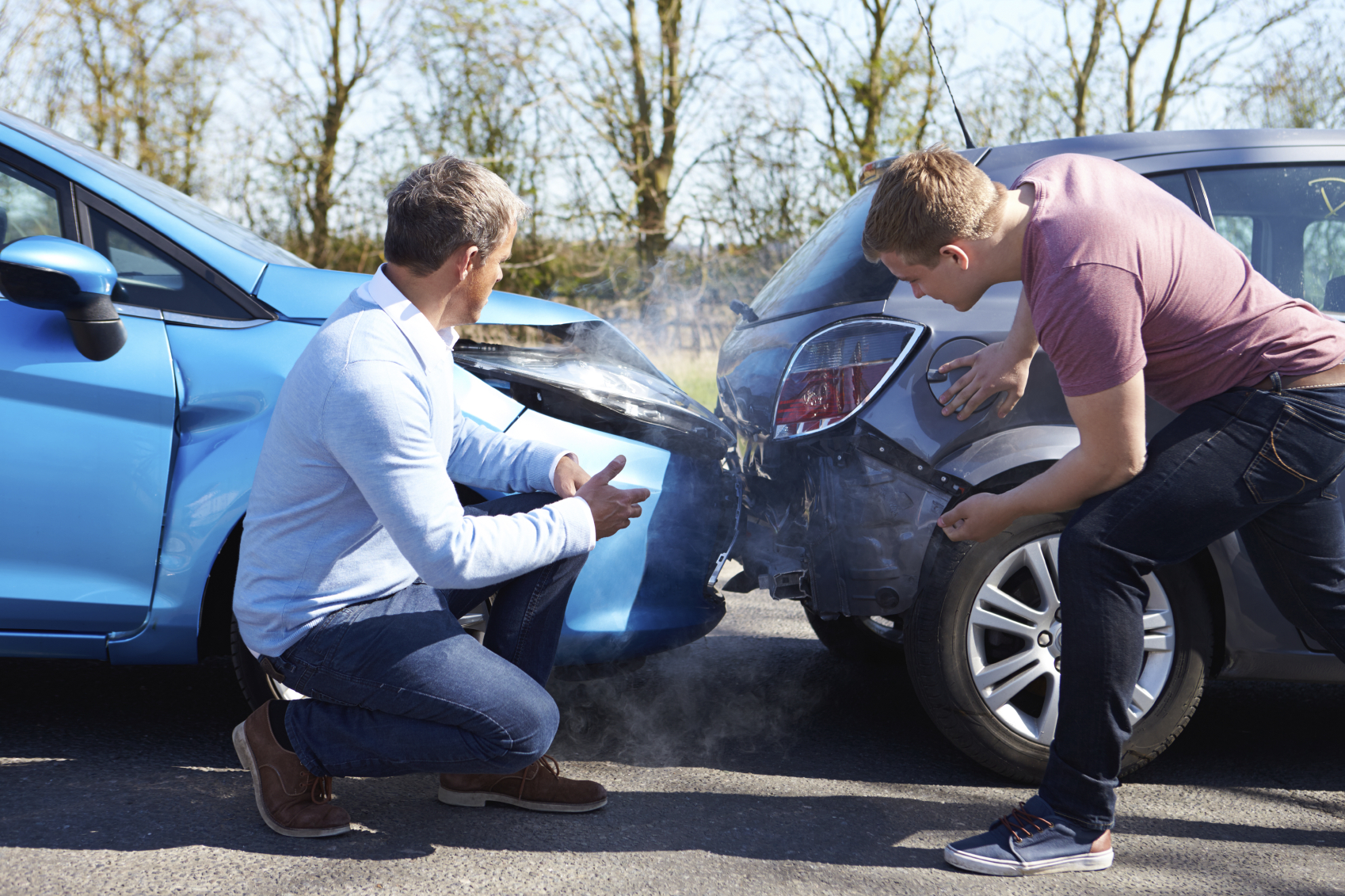 Self-driving cars have already been spotted in parts of Texas (you’ve probably seen Google’s self-driving SUVs on the streets of Austin), but it looks like they’re about to get a lot more commonplace. A bill, SB 2205, introduced by Senator Kelly Hancock, also the chair of the Senate Business & Commerce committee, has passed through the Texas Senate that would allow tests of cars that comply with any and all applicable federal laws. These cars must be registered with the DMV and be able to record data in case of accidents.
Self-driving cars have already been spotted in parts of Texas (you’ve probably seen Google’s self-driving SUVs on the streets of Austin), but it looks like they’re about to get a lot more commonplace. A bill, SB 2205, introduced by Senator Kelly Hancock, also the chair of the Senate Business & Commerce committee, has passed through the Texas Senate that would allow tests of cars that comply with any and all applicable federal laws. These cars must be registered with the DMV and be able to record data in case of accidents.
In layman’s terms, the bill sets up a foundation through which companies will be able to test their vehicles on public state roads. The bill also lets the state override any local regulations that Texas communities have made to accommodate self-driving cars.
Are Self-Driving Cars the Answer to Rising Fatalities?
An estimated 40,000 people died in motor vehicle accidents in 2016, up 6 percent from 2015 and 14 percent from 2014. An overwhelming majority of these accidents are caused by driver error.
In a survey of 2,000 U.S. drivers published in February, 47 percent of those surveyed admitted to using a cell phone while driving. Over half of drivers said they were comfortable speeding. These are two behaviors that contribute heavily to fatal car accidents. Self-driving cars, many believe, will lead to a massive reduction in motor vehicle fatalities because they eliminate the potential for driver error.
Do you trust self-driving vehicles? How long do you think it will be until driving is a thing of the past?






